I love history! And I love that Lexington has so many historical sites for Beck's and I to visit during our weekdays while Daddy is working. Yesterday we went toured the grounds of Henry Clay's estate—only a mile up the road from us.
Henry Clay, Sr. (April 12, 1777 – June 29, 1852), was a lawyer, politician and skilled orator who represented Kentucky separately in both the Senate and in theHouse of Representatives. He served three different terms as Speaker of the United States House of Representatives and was also Secretary of State from 1825 to 1829.
Clay was a dominant figure in both the First and Second Party systems. As a leading war hawk, he favored war with Britain and played a significant role inleading the nation to war in 1812.[1] Later he was involved in the "Corrupt Bargain" of 1824, after which he was appointed Secretary of State by newly elected President John Quincy Adams, earning the scorn of Andrew Jackson. He was the foremost proponent of the American System, fighting for an increase in tariffs to foster industry in the United States, the use of federal funding to build and maintain infrastructure, and a strong national bank. He opposed the annexation of Texas, fearing it would inject the slavery issue into politics. Clay also opposed the Mexican-American War and the "Manifest Destiny" policy of Democrats, which cost him votes in the close 1844 election. Clay made numerous attempts at becoming president, making five serious runs. He secured a major party nomination three of those times and lost all three elections.
Dubbed the "Great Pacificator," Clay brokered important compromises during the Nullification Crisis and on the slavery issue. As part of the "Great Triumvirate" or "Immortal Trio," along with his colleagues Daniel Webster and John C. Calhoun, he was instrumental in formulating the Missouri Compromise of 1820 and the Compromise of 1850. He was viewed as the primary representative of Western interests in this group, and was given the names "Henry of the West" and "The Western Star."[2] A plantation owner, Clay held slaves during his lifetime but freed them in his Will.[3]
Abraham Lincoln, the Whig leader in Illinois, was a great admirer of Clay, saying he was "my ideal of a great man." Lincoln wholeheartedly supported Clay's economic programs.[4] In 1957, a Senate Committee selected Clay as one of the five greatest U.S. Senators, along with Daniel Webster, John C. Calhoun,Robert La Follette, and Robert Taft.[5]


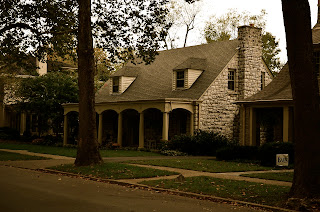
























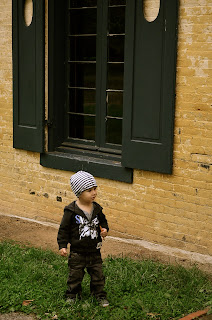

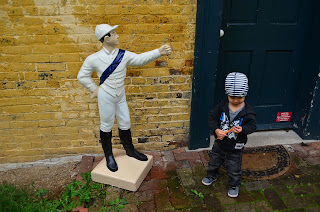



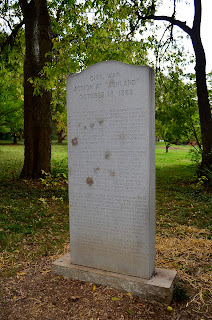










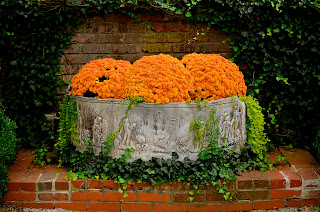









































































































































































0 comments:
Post a Comment